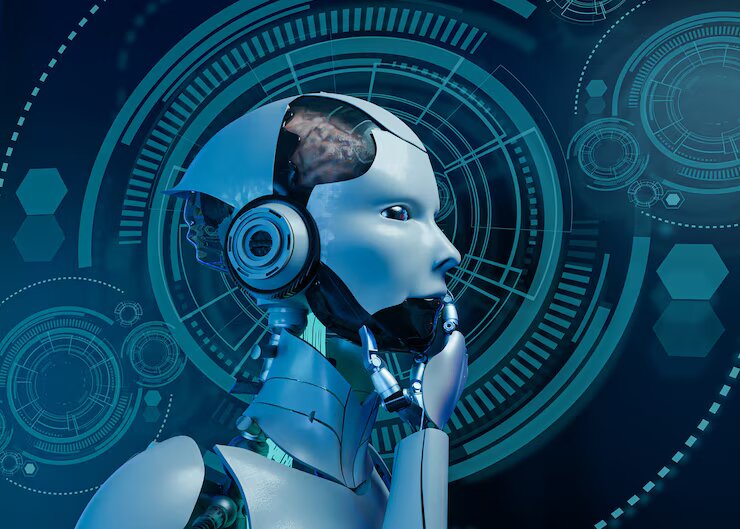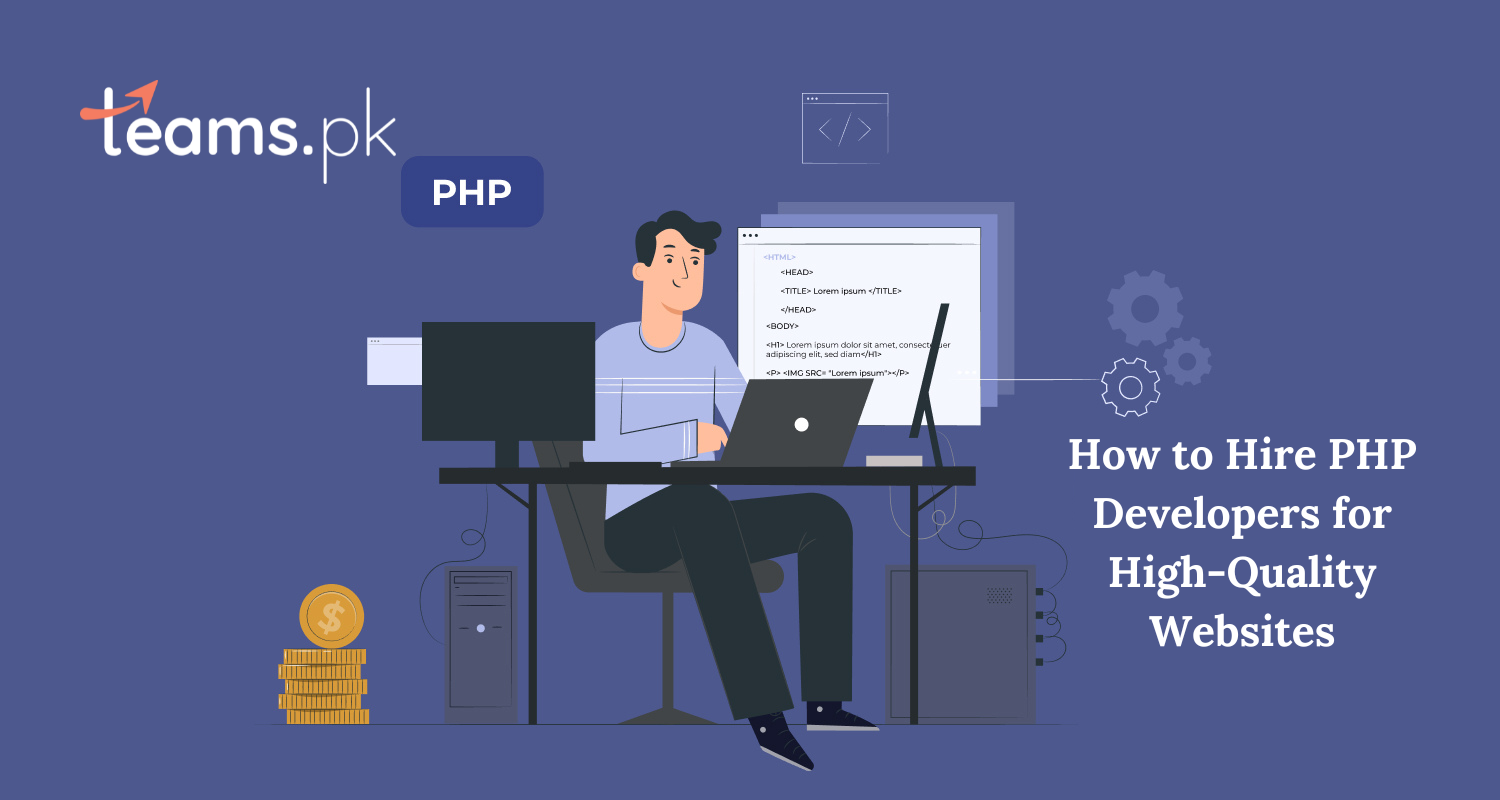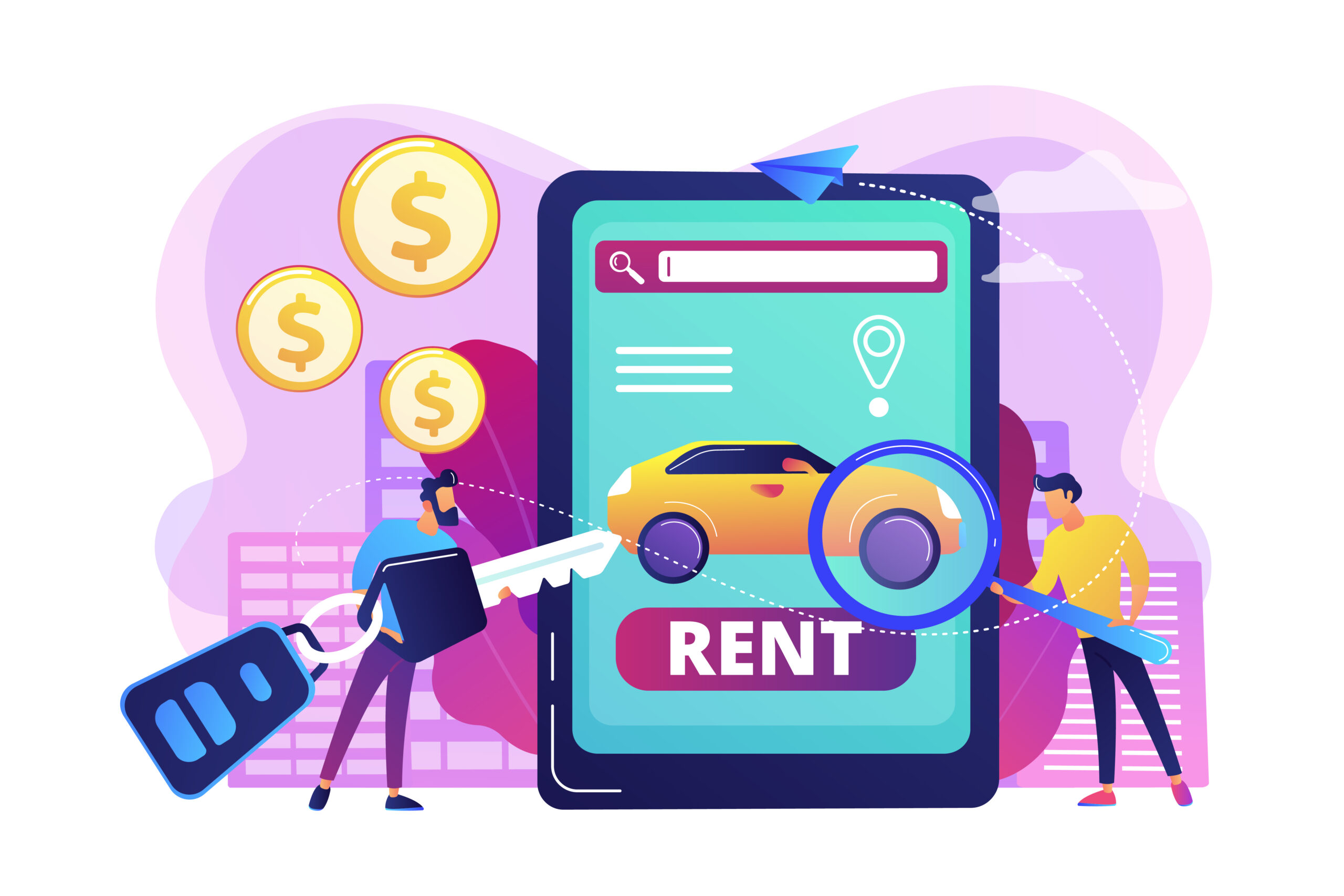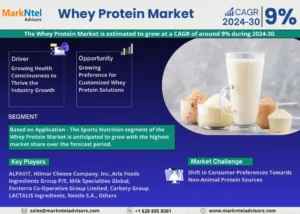5 Ways Conversational AI Can Supercharge Your Agency’s Efficiency

In today’s ever-evolving digital landscape, agencies face increasing pressure to stay ahead, deliver exceptional results, and maximize efficiency. Clients expect quicker turnarounds, more personalized interactions, and cost-effective solutions. This is where conversational AI for agencies steps in—a transformative technology that is reshaping the way businesses operate. But what is conversational AI, and how can it supercharge your agency’s efficiency? Let’s break it down.
What Is Conversational AI?
Conversational AI uses natural language processing (NLP) and machine learning to facilitate human-like interactions between computers and people. Examples include chatbots, voice assistants, and automated email responders that mimic real conversations. You’ve probably encountered this technology through customer service chats or voice-activated devices. But when harnessed correctly, conversational AI offers much more than answering simple queries.
Conversational AI for agencies, like marketing and advertising, holds immense potential to streamline tasks, improve client experiences, and drive business growth. Here are five ways this technology can boost your agency’s efficiency.
1. Automate Routine Client Interactions
One of the most time-consuming tasks for any agency is handling routine client interactions. Think about the endless emails, calls, or messages that involve answering frequently asked questions or scheduling meetings. This is where conversational AI shines.
How It Works: Conversational AI for agencies can be programmed to handle these interactions seamlessly. For example, an AI-powered chatbot can answer questions about campaign timelines, pricing, or even project updates. The AI can also integrate with your calendar to schedule client meetings without human intervention.
Benefits:
- Saves Time: Automating repetitive tasks allows your team to focus on more strategic projects.
- 24/7 Availability: Clients can get answers even after business hours, improving overall satisfaction.
- Consistency: Conversational AI ensures accurate and consistent information is shared, reducing the risk of errors.
Example: A digital marketing agency could deploy an AI chatbot on its website to answer common questions about SEO packages. Instead of waiting for a human response, potential clients get immediate answers, leading to faster decision-making.
2. Enhance Lead Generation and Qualification
Generating and qualifying leads is crucial but often labor-intensive. Typically, your team needs to sort through dozens (or hundreds) of inquiries to find high-quality leads worth pursuing. Conversational AI for agencies can automate and optimize this process.
How It Works: Conversational AI can interact with website visitors in real-time, gather essential information, and qualify leads based on set criteria. For instance, an AI-driven chatbot can ask targeted questions to understand a prospect’s needs and budget. If the lead qualifies, the chatbot can forward the details to your sales team.
Benefits:
- Speeds Up the Sales Funnel: By quickly identifying high-potential leads, your team can focus on closing deals rather than sifting through inquiries.
- Personalized Engagement: AI-driven conversations feel personal, which can increase conversion rates.
- Data Collection: The AI can store and analyze interaction data, helping your team refine lead generation strategies over time.
Example: Suppose you run a social media marketing agency. An AI chatbot on your website could engage visitors, ask about their target audience and goals, and then qualify them as leads based on their answers.
3. Streamline Project Management
Managing multiple projects with varying deadlines and client expectations can be a logistical nightmare. Luckily, conversational AI for agencies can simplify project management, making workflows smoother and more efficient.
How It Works: AI-powered virtual assistants can help manage projects by tracking deadlines, setting reminders, and providing updates on task progress. Some advanced systems can even analyze team performance and suggest areas for improvement.
Benefits:
- Automated Reminders: AI can send automated reminders to team members about upcoming deadlines or client meetings.
- Simplified Communication: An AI assistant can handle daily stand-ups or status reports, allowing managers to focus on critical issues.
- Predictive Insights: By analyzing data, AI tools can predict potential project delays and suggest solutions.
Example: Imagine your agency is working on a major advertising campaign with multiple moving parts. An AI assistant could keep track of deliverables, notify the team of pending tasks, and even send automated updates to clients.
4. Improve Client Reporting
Clients expect regular and detailed reports on how their projects or campaigns are performing. Compiling these reports manually can take hours, if not days, depending on the complexity of the data. Conversational AI for agencies can transform this task into a quicker, more accurate process.
How It Works: AI tools can pull data from various platforms, generate comprehensive reports, and present insights in an easy-to-understand format. Some solutions can even interact with clients directly, explaining key metrics in simple terms.
Benefits:
- Time Efficiency: Makes data collection and report production automated.
- Real-Time Insights: Clients can get real-time performance updates through AI-powered dashboards or chatbots.
- Customizable Reports: AI can tailor reports based on client preferences, making the information more relevant and actionable.
Example: A content marketing firm may create monthly SEO performance reports using AI technology. The team could concentrate on evaluating outcomes and formulating future plans rather than squandering hours gathering data.
5. Optimize Internal Communications
The success of every business relies on effective communication. However, it might be difficult to keep in touch when scattered teams and remote work become more common. Through the improvement of internal communication, conversational AI for agencies can close this gap.
How It Works: AI-driven communication platforms can facilitate team interactions, answer questions about company policies, and even onboard new employees. These tools can integrate with your agency’s existing communication software, making collaboration smoother.
Benefits:
- Faster Information Access: Employees can get quick answers to questions about HR policies, project guidelines, or technical issues.
- Streamlined Onboarding: New hires can interact with an AI assistant to learn about company procedures, reducing the burden on HR staff.
- Improved Collaboration: AI can suggest optimal times for team meetings or recommend collaboration tools based on project needs.
Example: Suppose your agency has a large remote team. An AI-powered communication assistant could help employees find key documents, answer questions about benefits, or schedule virtual check-ins with their managers.
Conclusion
The future of agency work is here, and it’s powered by conversational AI. From automating routine interactions to enhancing lead generation, streamlining project management, improving client reporting, and optimizing internal communications, this technology offers an impactful solution to many challenges agencies face.
While conversational AI for agencies is not a magic bullet, it can significantly boost efficiency and free up your team to focus on creative and strategic work. As more agencies adopt AI solutions, staying competitive will mean embracing these tools and adapting them to fit your unique needs.













Post Comment